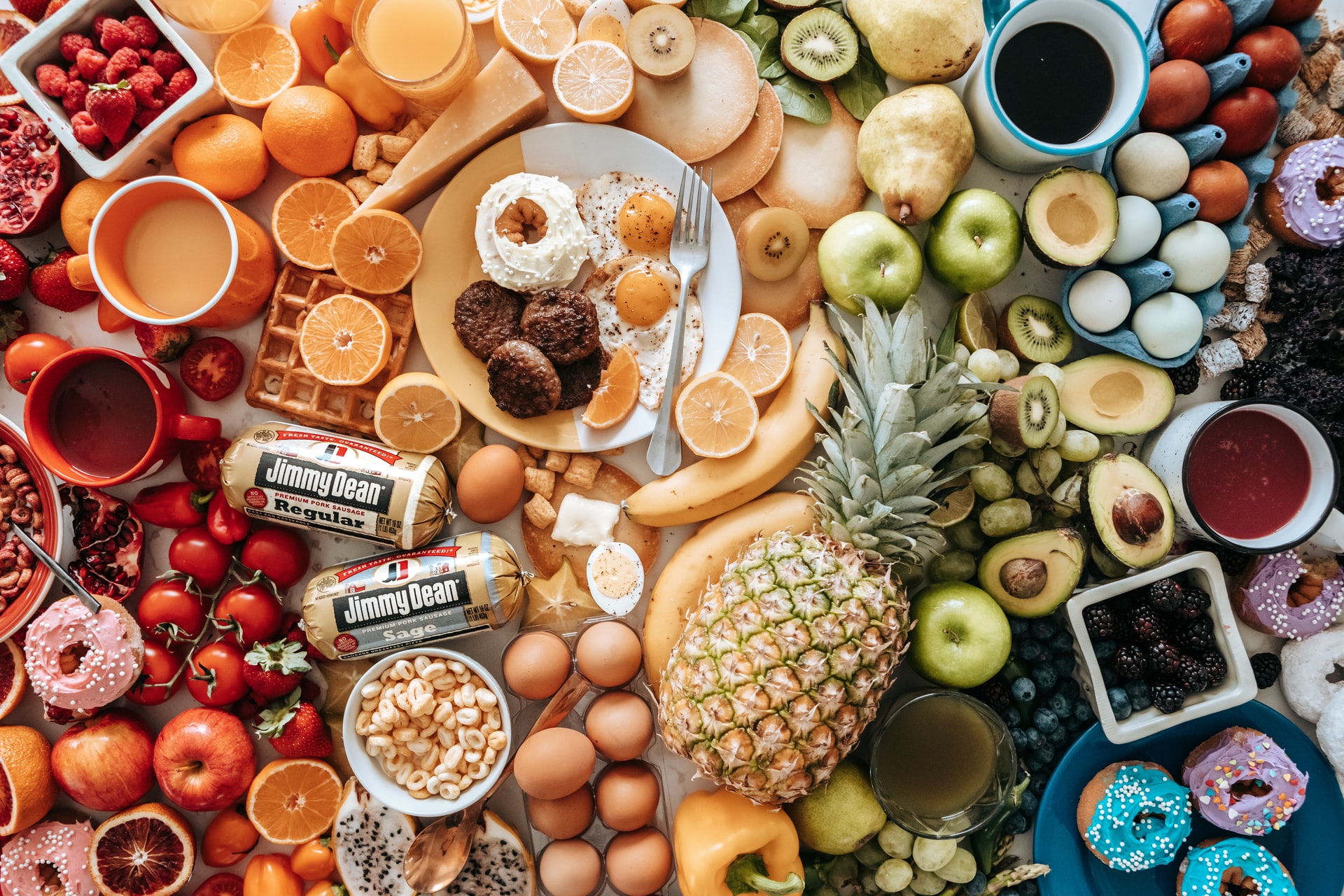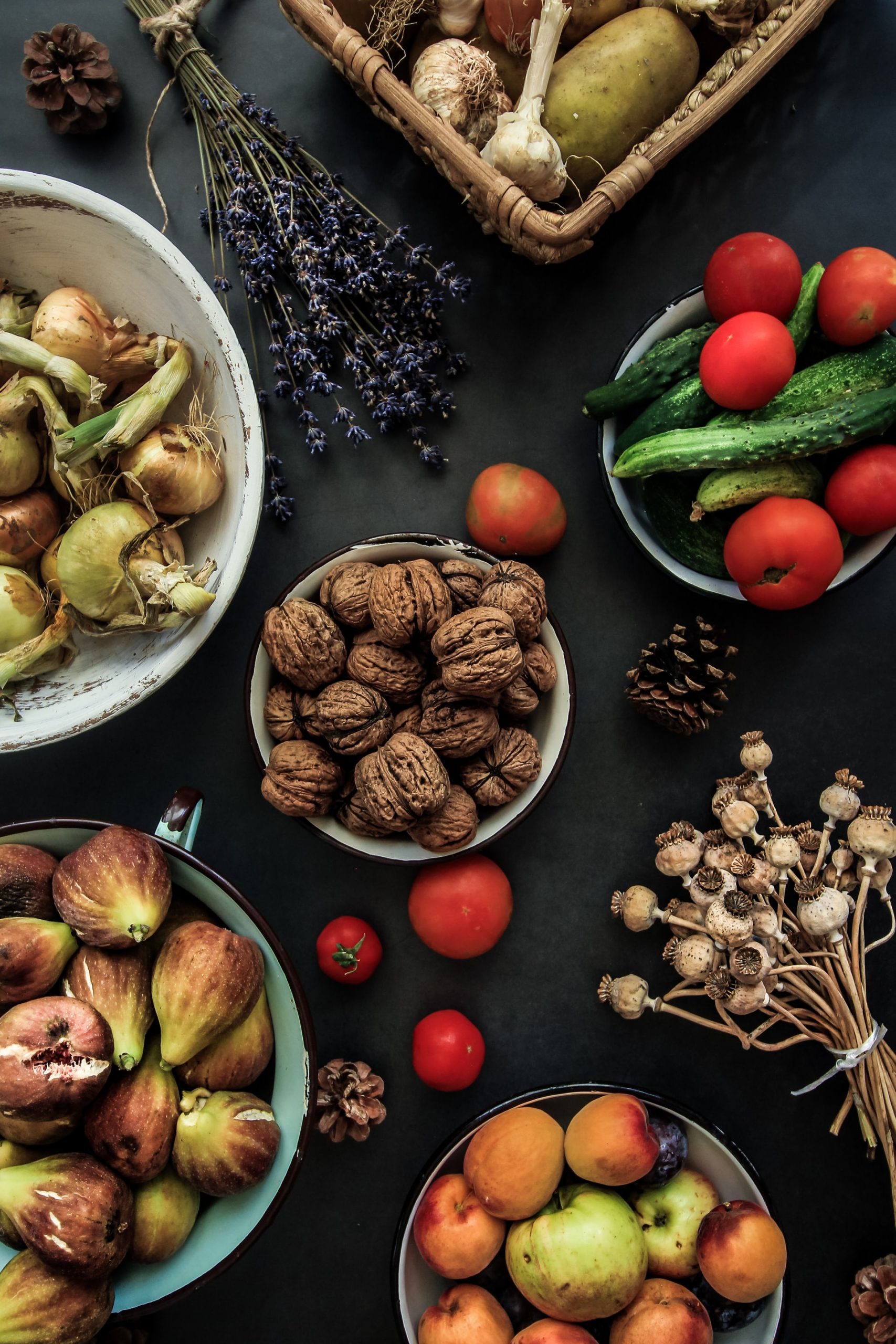Foods

Sustainable Foods
Stainable foods and foods produced in a way that is environmentally and socially responsible. These foods are typically produced using methods that:
- Minimize environmental impact
- Protect natural resources, and
- Promote social and economic well-being
If learning more about sustainable foods interests you, great news – you’ve come to the right place! Take a look at the list below to learn some basics about sustainable foods!
Examples of Sustainable Foods:
Organic Foods
Foods produced without the use of synthetic pesticides, fertilizers, or genetically modified organisms (GMOs).
Local Foods
Foods that are produced and consumed within the same region, reducing the environmental impact of transportation.
Grass-Fed or Pastured Meats
Meats that come from animals that are raised on grass or pasture, rather than in feedlots. This production method can be more sustainable because it mimics natural animal grazing patterns and reduces the use of fossil fuels.
Wild-Caught Seafood
Seafood that is caught in the wild, rather than farm-raised. This production method can be more sustainable because it does not rely on feed and other inputs.
Plant-Based Foods
Foods that are made from plants, such as fruits, vegetables, and whole grains. These foods are considered sustainable because they require fewer resources to produce and have a lower environmental impact than animal-based foods.
Seasonal Foods
Foods that are grown during their natural season and produced locally. This way it reduces the environmental impact of transportation while supporting local farmers.

